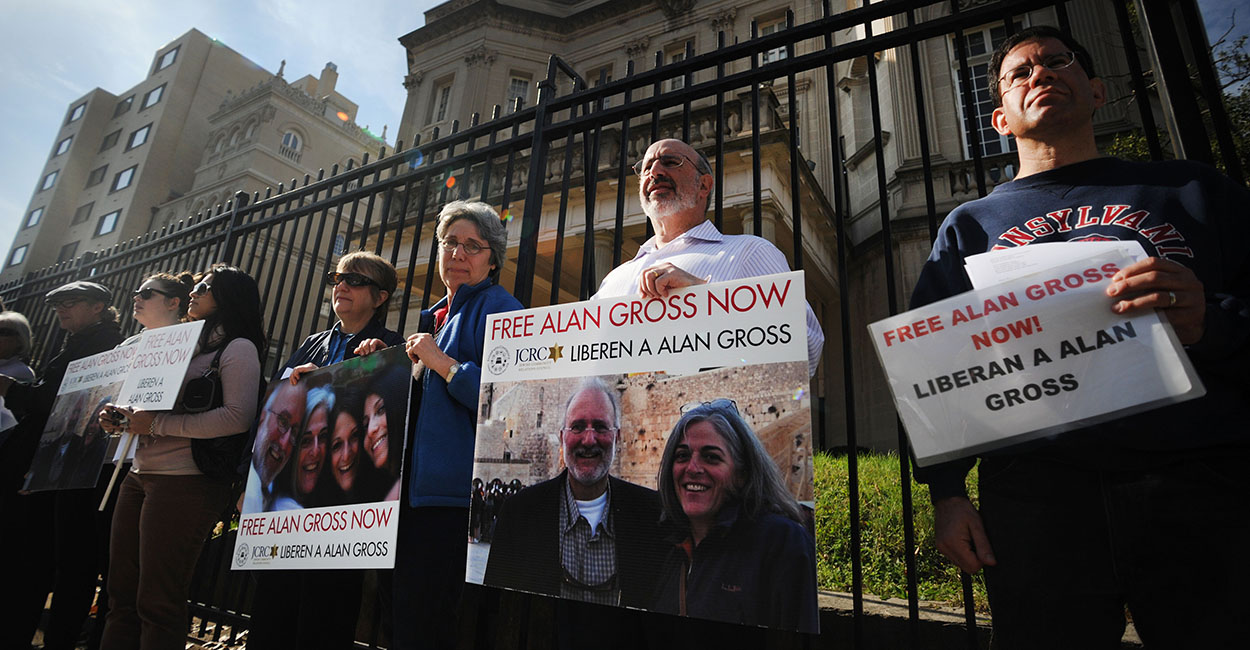HAVANA, March 17 (Xinhua) — Cuban Foreign Minister Bruno Rodriguez said Thursday that the U.S. relaxation of its embargo against Cuba is welcome and called on Washington to completely lift the blockade.
"We are carefully studying the practical effects of the new U.S. measures announced 48 hours ago," Rodriguez told a televised press conference, adding that he viewed them as "positive steps."
The U.S. government announced Tuesday the relaxation of various aspects of the economic embargo it has imposed on Cuba since 1962.
For Rodriguez, the new measures are welcome in restoring Cuba-U.S. ties, with Washington having relaxed the embargo three times since December 2014.
Among the measures, the United States lifted a ban on Cuban access to the global banking system, a longstanding Cuban demand.
Rodriguez said that in the next few days Cuba would make an international bank transfer as a test to see if the "financial persecution" had ended and third-party banks would not be fined.
As a gesture of goodwill, Rodriguez said that Cuba would lift the 10 percent levy on U.S. dollars exchanged at banks and money-changers in Cuba, making it easier and cheaper for Americans to spend time in Cuba.
Meanwhile, Rodriguez called on the United States to completely lift the embargo, saying it was the main obstacle to the country's development.
The minister said that Cuban banks are still not allowed to open accounts in U.S. banks, which he sees as indispensable to normalize economic and trade relations. He also complained about the prohibition on direct U.S. investment in Cuba.
While highlighting that Washington now allows American students to make solo trips as part of educational exchanges, Rodriguez said the broader prohibition of American citizens to travel to Cuba remains in place, which is "insane and unjustified."
He also called for the return of the territory occupied by the U.S. naval base at Guantanamo Bay.
Speaking just three days before U.S. President Barack Obama's visit to the island, Rodriguez stressed that Havana rejected any notion that it would negotiate its political principles to advance its ties with the United States.
"Negotiating internal changes in Cuba is not in any way part of our relationship with the United States," said Rodriguez.
He warned that although Cuba and the United States have improved ties, large differences remain regarding differences in their respective political systems, democracy, human rights, and international law.





